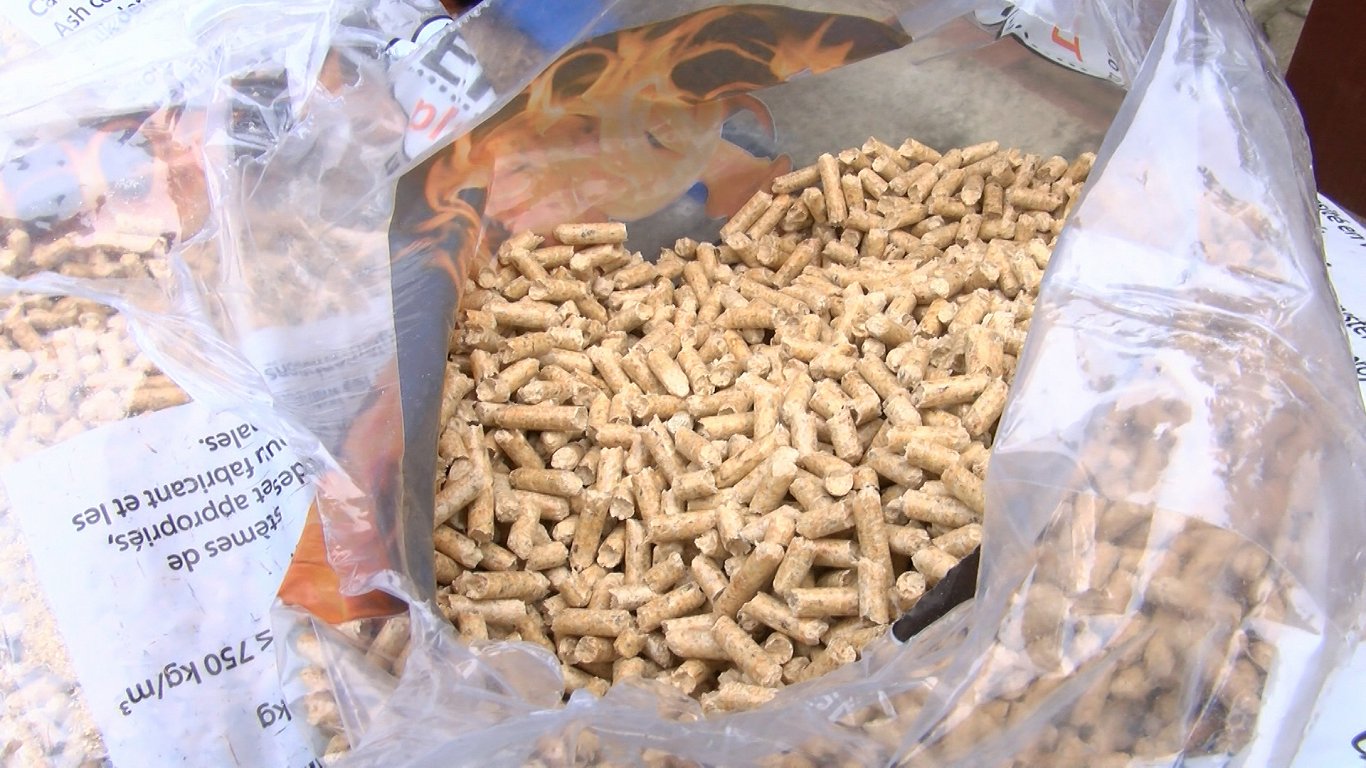State support for fuels such as briquettes and pellets does not have a significant impact on the market and the prices of this fuel,
"It is wrong to think that the increase in prices that we see from the moment the government started thinking about and announced the provision of compensations is related to compensations. This is not the case. In Latvia, the price increase for these two fuels [briquettes and pellets] is even more moderate than in Germany, Austria and others in the 'premium' pellet markets," said Kristaps Klauss, executive director of the Latvian Wood Industry Federation.
Regarding firewood, currently the most popular form of state support is for firewood that has been purchased without a receipt.
"It just proves that people have already procured firewood for the winter and are simply proving that they have firewood heating and are trying to get support. Second, unfortunately, the firewood market has been one of the grayest markets of all wood products. That's why receipts don't really exist there either and it's also hard to keep track of objective price statistics," said Klauss.
The increase in the price of firewood, according to Klauss, is about four to five times, because the price of the raw material, namely the log, has increased. Pellets and briquettes are also significantly more expensive. Prices are driving up production costs, especially in electricity, as well as increased demand for wood fuel, and the need is not being met in preparation for winter.
"Demand and supply are physically in balance, and it is not that there is a shortage expected, but at the same time, psychologically, everyone is trying to buy as much as possible and is also ready to pay. The cost price increase is transferred to the buyer. Wood fuel prices are not sustainable. They are too high and can be compared to the real estate bubble of 2007. That bubble has to burst at some point, but when that will happen is very hard to predict," Klauss reasoned.
So far, there are no signs that this could happen in the coming months. Klaus predicted that it could happen early next year.
Didzis Palejs, chairman of the board of the Latvian Biomass Association, is also convinced that state support has no effect on the price of wood fuel, because there are other factors that affect it, for example, war or people's behavior in a crisis situation.
"[People think] it would be better to buy more and have it for a longer time, and then panic buying develops, which is logically difficult to find an explanation for. If we take a look at what sustainable wood resources Latvia has, then we don't have the slightest concern about it, that physically we would lack firewood, pellets or briquettes," explained Palejs.
It is a psychological phenomenon that people feel that they have to buy a lot in a difficult moment, and then a rapid increase in demand is formed. Palejs emphasized that Latvia's fuel resources are several times larger than are required.
"This situation has arisen due to hype, but it is clear that after this large price rise, another large drop in price could come. The only question is when it will be and what those factors will be. One of those, probably, the strongest factor would be if the war would end, preferably with Ukraine's victory. Most likely, then the entire manufacturing sector would be in great difficulty with sales, and the price could fall below some level of zero. Then it would be difficult for the producers to survive or to sell anything," concluded Palejs.
With the rapid increase in the price of fuel, people are trying to get firewood in different ways, including by gathering it themselves in the forest. In "Latvijas Valsts meži" (Latvian state Forests, LVM) forest the number of permits for obtaining logging residues has doubled.
"In previous years, on average, we issued 2,000 such permits to obtain felling residues, but this year we reached such a volume within half a year. This means that there is twice as much demand. The offer has not changed for us and, I think, the determining factor is the price of firewood on the market, which is twice as expensive as before. People cannot afford it and have evaluated that maybe there is a clearing near where they live, where they can collect [firewood], which will be more profitable and cheaper for them. But it is physical work itself, which, of course, is not easy," said LVM representative Guntis Ščepaniks.
He added that permits are issued by LVM free of charge and it is allowed to collect the surplus of felling only for self-consumption, not for commercial redistribution.
You can read more about Latvia's wood fuel resources in this recent feature: https://eng.lsm.lv/article/economy/economy/wood-a-resource-to-replace-gas.a474103/






























